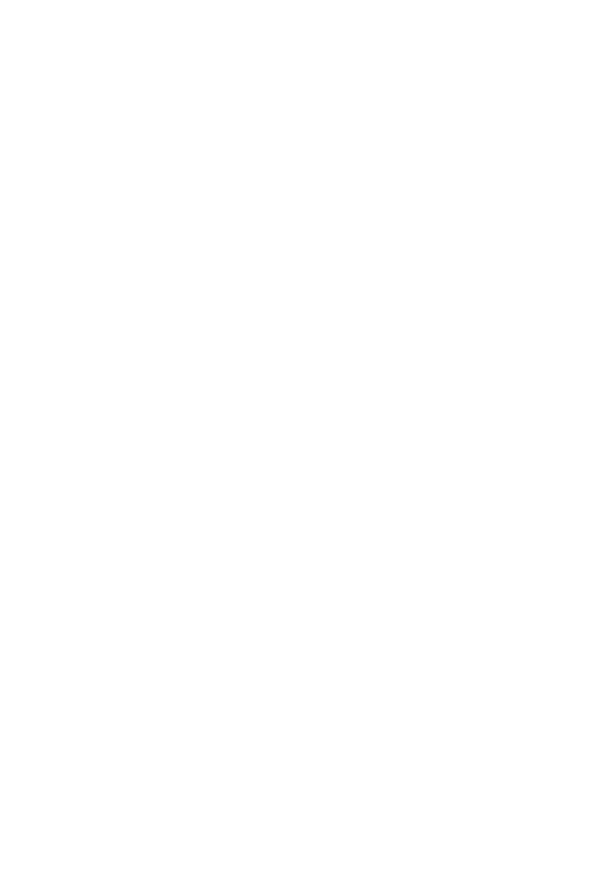
said later that he had hoped to kill 250,000 people.
Ryder rental van reported stolen in Jersey City the day before the bombing.
on March 4, 1993. In short order, the Bureau had several plotters in custody,
including Nidal Ayyad, an engineer who had acquired chemicals for the bomb,
and Mahmoud Abouhalima, who had helped mix the chemicals.
tember 1992 and charged with document fraud. His traveling companion was
Ramzi Yousef, who had also entered with fraudulent documents but claimed
political asylum and was admitted. It quickly became clear that Yousef had been
a central player in the attack. He had fled to Pakistan immediately after the
bombing and would remain at large for nearly two years.
an extremist Sunni Muslim cleric who had moved to the United States from
Egypt in 1990. In speeches and writings, the sightless Rahman, often called the
"Blind Sheikh," preached the message of Sayyid Qutb's Milestones, characteriz-
ing the United States as the oppressor of Muslims worldwide and asserting that
it was their religious duty to fight against God's enemies. An FBI informant
learned of a plan to bomb major New York landmarks, including the Holland
and Lincoln tunnels. Disrupting this "landmarks plot," the FBI in June 1993
arrested Rahman and various confederates.
including Ajaj, Salameh, Ayyad, Abouhalima, the Blind Sheikh, and Ramzi
Yousef, for crimes related to the World Trade Center bombing and other plots.
well-equipped to cope with terrorism. Neither President Clinton, his princi-
pal advisers, the Congress, nor the news media felt prompted, until later, to press
the question of whether the procedures that put the Blind Sheikh and Ramzi
Yousef behind bars would really protect Americans against the new virus of
which these individuals were just the first symptoms.
acter and extent of the new threat facing the United States.The trials did not
bring the Bin Ladin network to the attention of the public and policymakers.